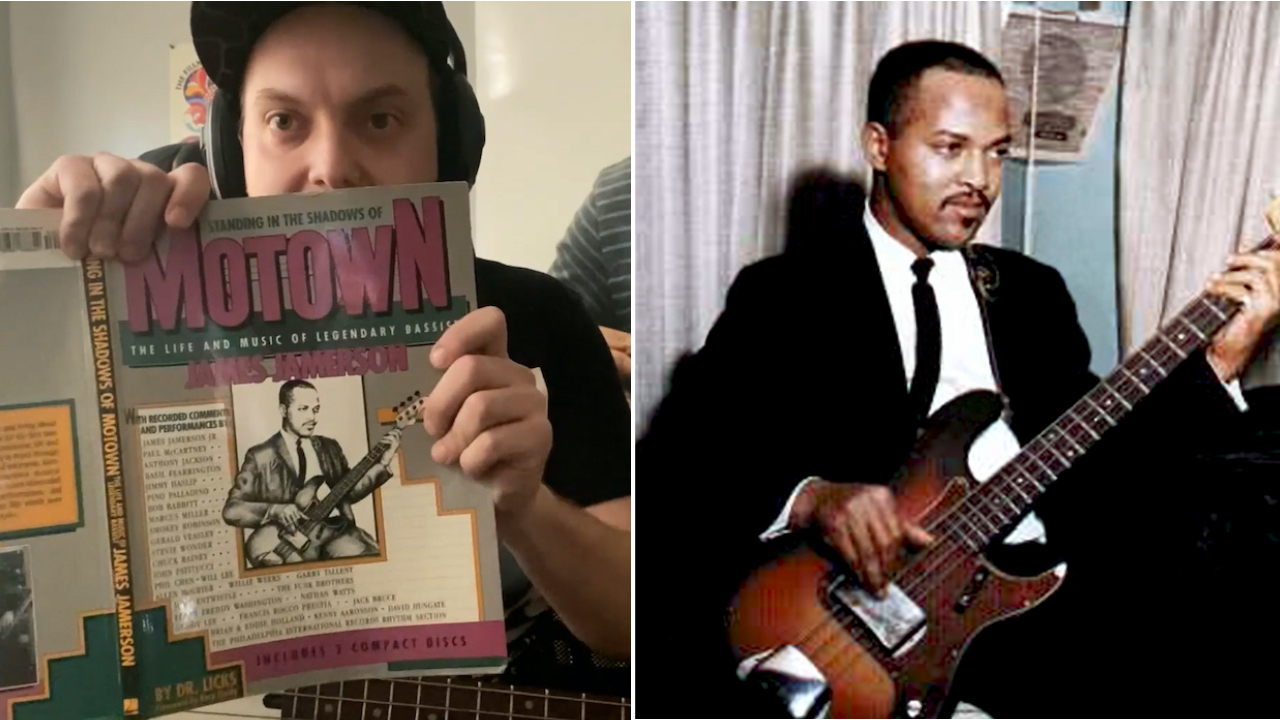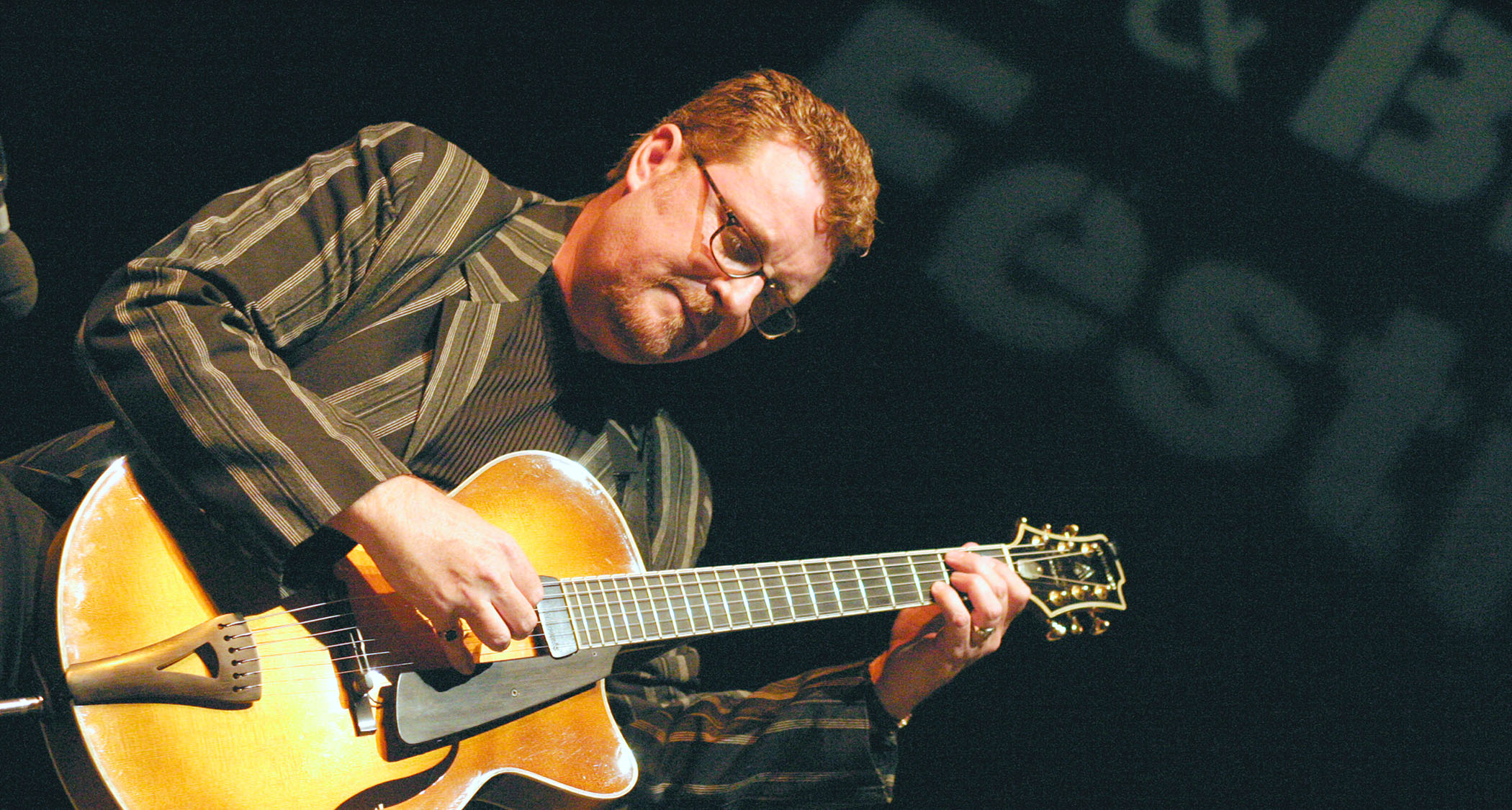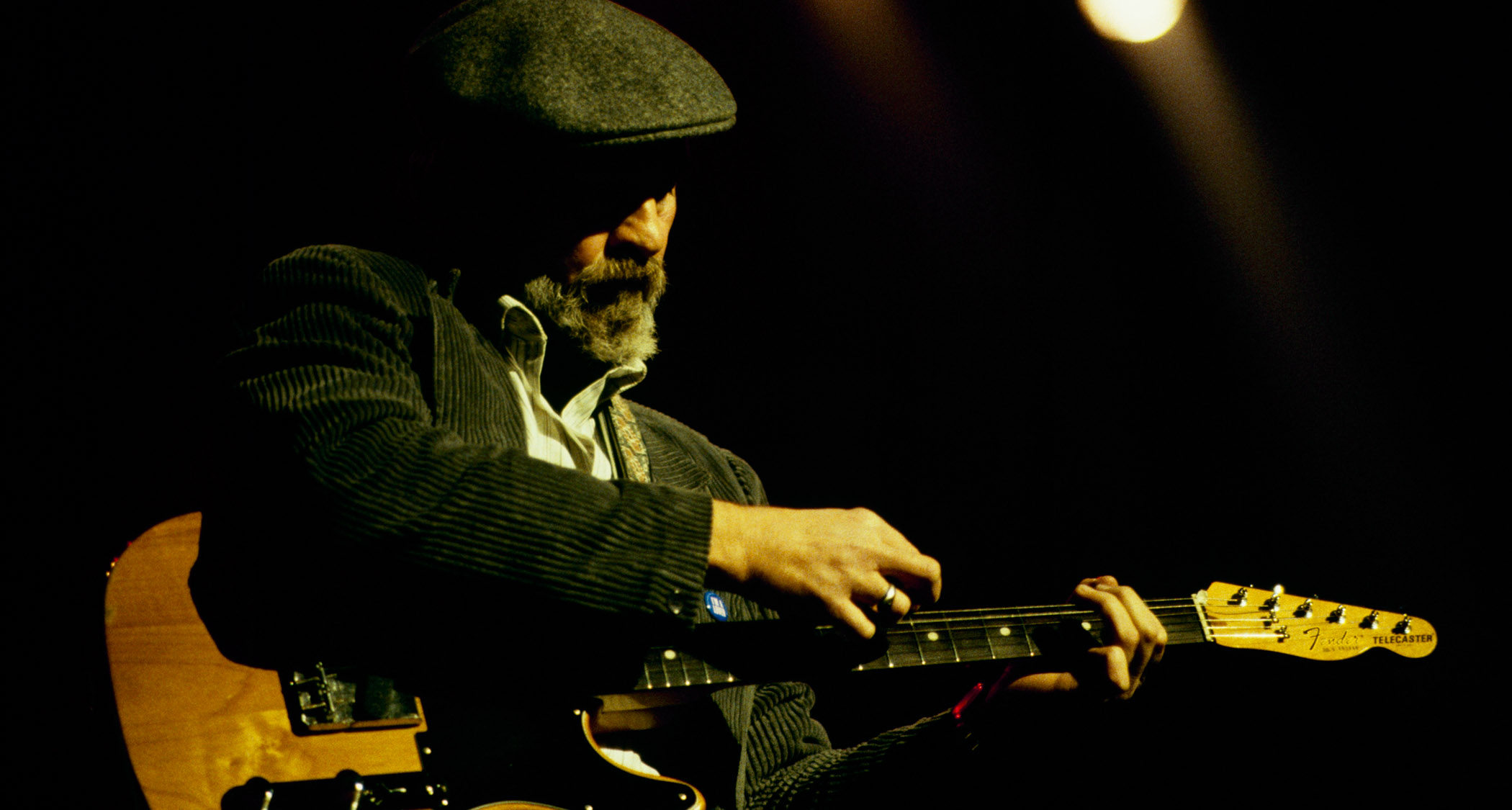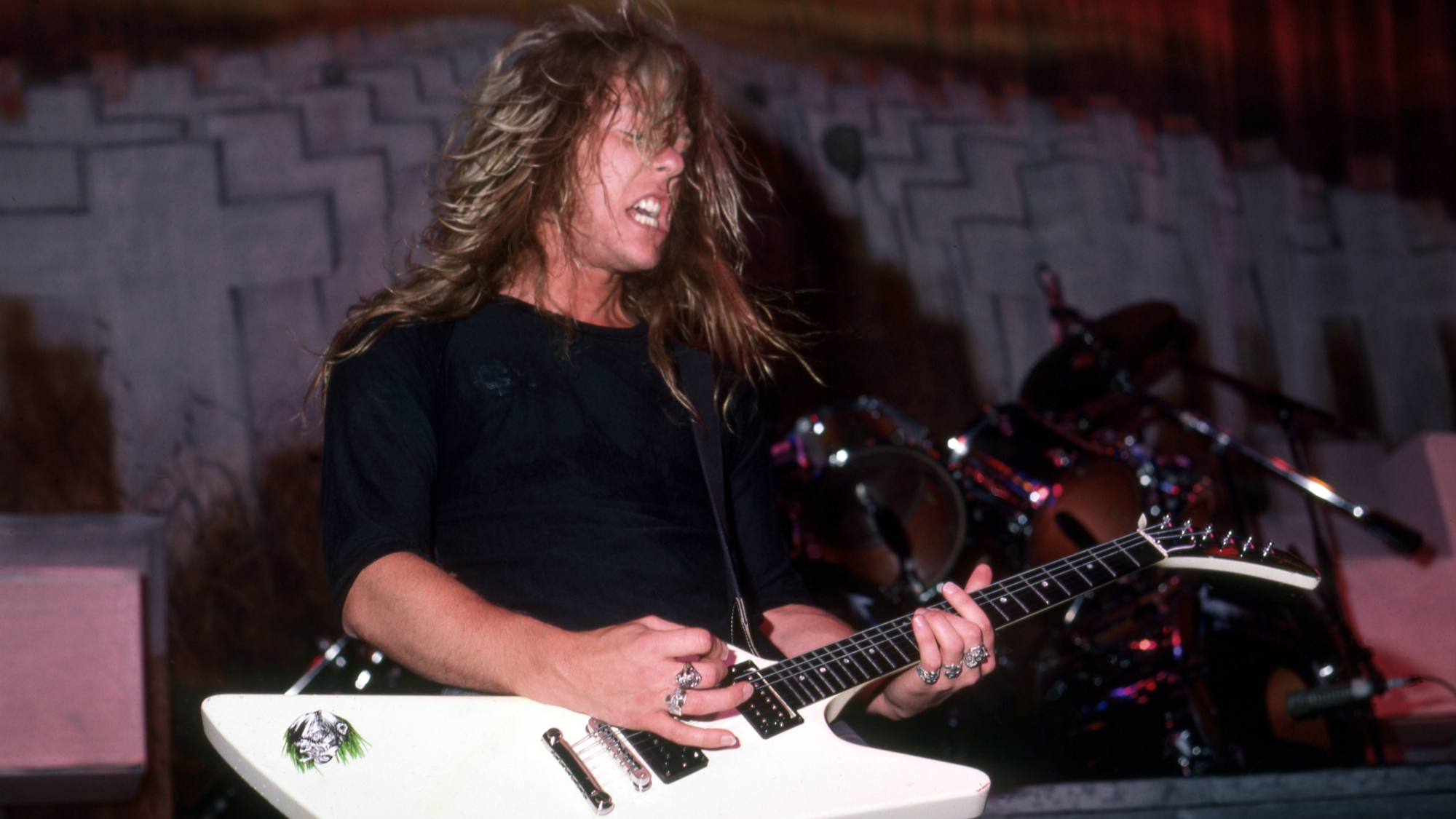What's Going On bass lesson: how to play James Jamerson’s iconic bassline on the Marvin Gaye classic
LA bassist Nick Campbell teaches you one of the all-time greatest Motown basslines

Ever since Marvin Gaye’s What’s Going On hit the airwaves back in 1971, James Jamerson has remained one of the most revered bass players in the instrument's history. So much so that you voted him the third greatest bass player of all time in our poll to find the 100 greatest bass players of all time.
A first-call studio bassist for Detroit’s Motown Records, Jamerson remained largely anonymous until later in his career. He was finally credited on a major release for Marvin Gaye's What’s Going On and acknowledged as "the incomparable James Jamerson” on the album's sleeve notes.
“What’s Going On is a masterclass in how the bass can support the song, but still keep things interesting,” says LA bassist Nick Campbell. “It opened up the whole Motown catalog for me, which is filled with basslines like that.”
During the build up to the release of his own debut album, we asked Nick to pick his favourite bass line from another of our polls: the 40 best basslines of all time, as judged by Bass Player editors. He chose Jamerson’s What’s Going On, which ranked number 20 in our list, and proceeded to serve up some insight in this video.
We asked Nick why he thinks Jamerson is still so admired among today’s bass players, and check in about the challenges of releasing his own debut album…
Why do you think Jamerson is still so relevant today?
“Jamerson had such a unique voice that you can still hear his influence in most bass players. His chromatic voice leading and the 16th note syncopations in his playing became the DNA of so much bass vocabulary. I think it’s hard to have a complete understanding of the electric bass without spending some time studying his playing.”
How has he inspired your bass sound?
“I play a P-Bass primarily and Jamerson played a big part in that decision. I love how warm and supportive his bass tone is. I think his touch on the bass is also a big part of why his playing seems to elevate everyone around him. He was so good at playing really dense musical information while never getting in the way of anyone else in the band."
What would you say to bass players who are yet to discover Jamerson?
“If you’ve never listened to James Jamerson before then you’re in for a huge treat. He played on so many incredible songs that it seems like there’s an endless amount of music to explore. It’s particularly amazing to hear how he interacts with vocal melodies. I often feel as though I could listen to just the bass line and the lead vocal by themselves and that would be enough.”
Can you tell us about your new album?
“It’s called Art, and it’s a synthesis of all the modern jazz, soul and rock music that I love. It kind of goes into Zappa territory sometimes and at other times sounds like nihilist funk music. A few of the guys from Vulfpeck are on the record, and some other close friends from the Los Angeles music community."
We noticed song titles like Your Kisses Taste Like Jazz and Tribal Violence Is My Love Language. Do the titles typically come before the music?
“I usually write all of the music first and then come up with a title that makes me laugh, which I’ll keep as a placeholder. There might be something in that placeholder that inspires the actual lyric, so I often end up keeping it once the song is finished.”
Some might argue that the album format is no longer relevant. What would you say to that?
“That may be true for a lot of pop music, but I think listeners are still checking out albums in the independent music world. Vulfpeck pretty much release albums exclusively and they sell tons of vinyl, so I think there’s definitely still a place for records. I also felt like this collection of songs needed to be presented in this way. The songs were arranged with the album format in mind.”
Art by Nick Campbell is available now on Bandcamp.

Get The Pick Newsletter
All the latest guitar news, interviews, lessons, reviews, deals and more, direct to your inbox!

Nick Wells was the Editor of Bass Guitar magazine from 2009 to 2011, before making strides into the world of Artist Relations with Sheldon Dingwall and Dingwall Guitars. He's also the producer of bass-centric documentaries, Walking the Changes and Beneath the Bassline, as well as Production Manager and Artist Liaison for ScottsBassLessons. In his free time, you'll find him jumping around his bedroom to Kool & The Gang while hammering the life out of his P-Bass.
“There are so many sounds to be discovered when you get away from using a pick”: Jared James Nichols shows you how to add “snap, crackle and pop” to your playing with banjo rolls and string snaps
Don't let chord inversions bamboozle you. It's simply the case of shuffling the notes around







![Joe Bonamassa [left] wears a deep blue suit and polka-dotted shirt and plays his green refin Strat; the late Irish blues legend Rory Gallagher [right] screams and inflicts some punishment on his heavily worn number one Stratocaster.](https://cdn.mos.cms.futurecdn.net/cw28h7UBcTVfTLs7p7eiLe.jpg)


